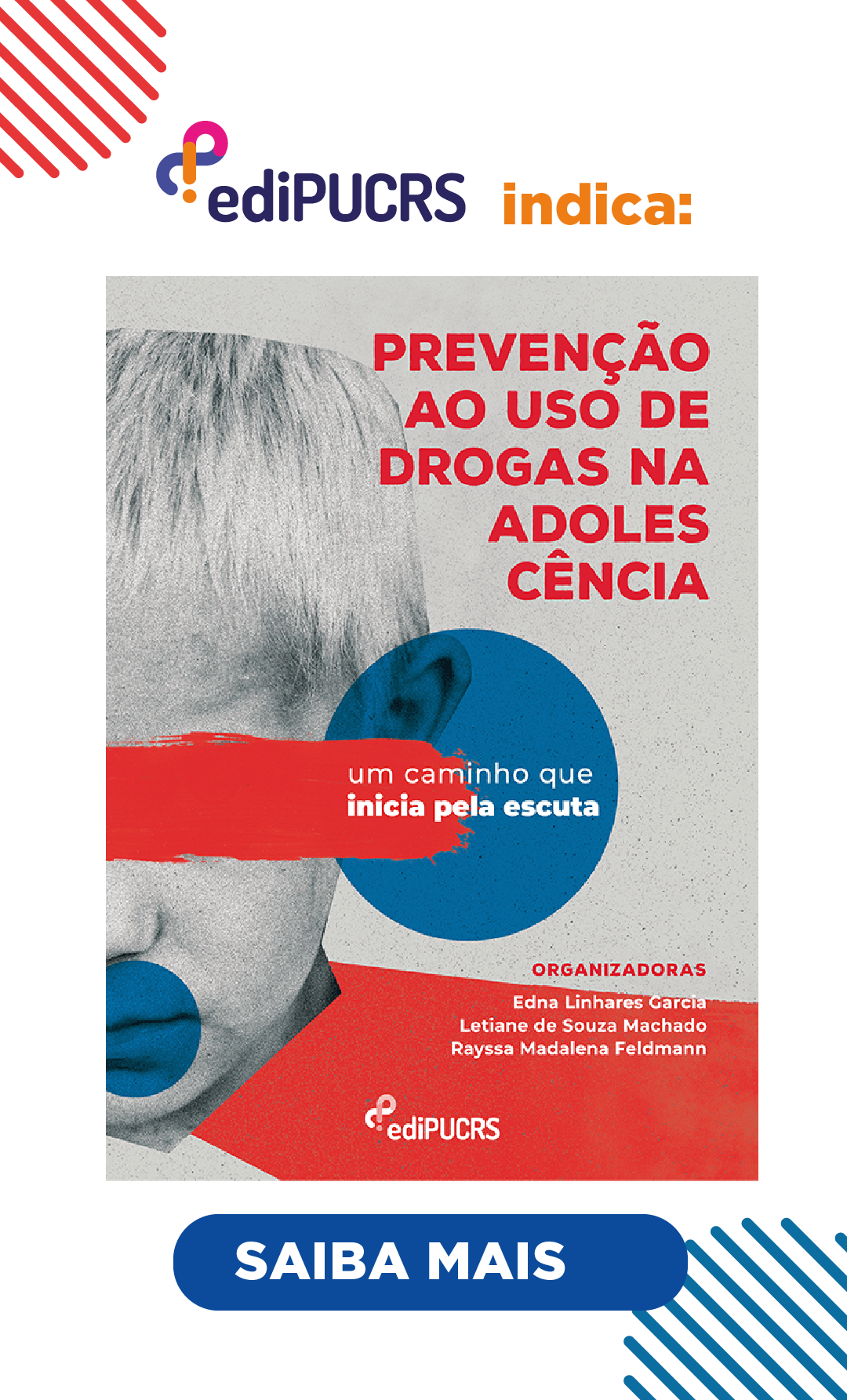“Has China Won? The Chinese Challenge to the American Primacy”, from Kishore Mahbubani
DOI:
https://doi.org/10.15448/2178-5694.2022.1.42027Keywords:
China, United States, GeopoliticsAbstract
The following review intends to present the main ideas presented in the book Has China Won? The Chinese Challange to American Primacy. The author, Kishore Mahbubani, is a diplomat and academic in the National University of Singapure. He hás acted as minister of foreign affairs of Singapure for more than three decades and was president of the security council of the United Nations in the 2001-2002 period. The analysis of his most recent work is important because of his experience in key positions of state and because of the importance this conflicts weights in the contemporary international relations.
Downloads
References
Fukuyama, Francis. 1992. O fim da histó ria e o último homem. Rio de Janeiro: Rocco.
Huntington, Samuel P. 2010. O choque de civilizações e a recomposição da ordem mundial. Tradução de M. H. C. Côrtes. Rio de Janeiro: Objetiva.
Kissinger, Henry. 2011. Sobre a China. Rio de Janeiro: Objetiva.
Mahbubani, Kishore. 2021. A China Venceu? O Desafio Chinês à Supremacia Norte-Americana. Rio de Janeiro: Intrínseca.
Nau, Henry. 2003. O mito da decadência dos Estados Unidos. Rio de Janeiro: Jorge Zahar.
Pieterse, Jan. 2009. O Fim do Império Americano? Rio de Janeiro: Forense Universitária.
Downloads
Published
How to Cite
Issue
Section
License
Copyright (c) 2022 Conversas & Controvérsias

This work is licensed under a Creative Commons Attribution 4.0 International License.
Copyright
The submission of originals to Conversas & Controvérsias implies the transfer by the authors of the right for publication. Authors retain copyright and grant the journal right of first publication. If the authors wish to include the same data into another publication, they must cite Conversas & Controvérsias as the site of original publication.
Creative Commons License
Except where otherwise specified, material published in this journal is licensed under a Creative Commons Attribution 4.0 International license, which allows unrestricted use, distribution and reproduction in any medium, provided the original publication is correctly cited.





